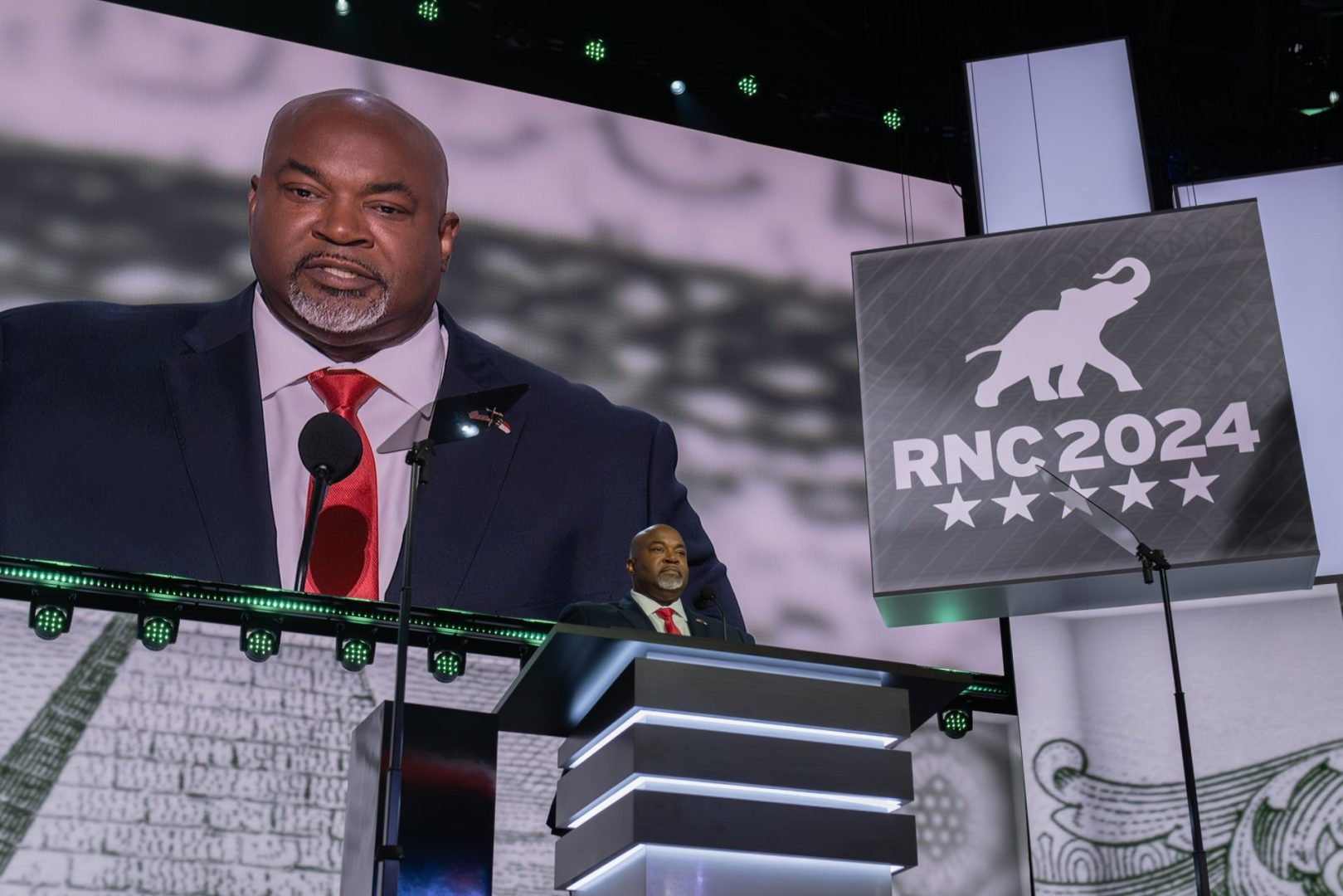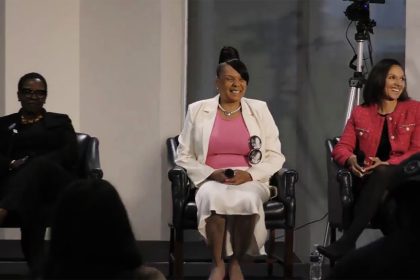North Carolina Lieutenant Governor Mark Robinson has ignited a firestorm of debate by following through on his promise to sue CNN. The legal action stems from allegations that Robinson made bigoted remarks on the message board of Nude Africa, an adult content website. This bold move comes as Robinson prepares to run for governor against Democrat Josh Stein, adding a layer of political intrigue to an already contentious situation.
During a recent news conference, Robinson described himself as a victim of a “high-tech lynching,” echoing language used by Supreme Court Justice Clarence Thomas during his own scandal in the early 1990s. This comparison has drawn criticism from those who argue that Robinson’s predicament is a result of his own actions rather than an unjust attack.
The roots of the controversy
Robinson’s defamation lawsuit seeks $50 million in damages, naming both CNN and Louis Money as defendants. Money, a former employee of an adult video store, has publicly accused Robinson of frequenting the establishment in the 1990s and early 2000s. These claims were initially shared in a song on YouTube, with Money admitting to seeking notoriety for his band while insisting on the veracity of his story.
The CNN report that sparked Robinson’s legal action detailed his purported comments, which he vehemently denies. This denial comes against a backdrop of Robinson’s history of controversial statements, particularly regarding the LGBTQ+ community. Critics argue that his past rhetoric may have left him vulnerable to heightened scrutiny.
A history of incendiary remarks
Robinson‘s political career has been marked by a series of provocative statements. He has previously referred to LGBTQ+ individuals using derogatory terms and has made unfounded claims linking homosexuality to pedophilia. These comments have sparked outrage and have been characterized as harmful and divisive by many observers.
The political fallout
As Robinson navigates this legal battle, he finds himself trailing significantly in the polls against his gubernatorial opponent, Josh Stein. Recent Emerson College polling indicates a nearly 15% gap, raising questions about Robinson’s viability as a candidate. This political backdrop adds another layer of complexity to his situation, as he attempts to defend his reputation while also campaigning for the state’s highest office.
Public reaction and campaign implications
The public’s response to Robinson’s lawsuit and the surrounding allegations has been mixed. Supporters view this as a fight against perceived media bias, while critics see it as an attempt to deflect from legitimate concerns about his past behavior and statements. As the gubernatorial race intensifies, Robinson’s ability to address these controversies will be crucial in shaping his campaign’s trajectory.
Robinson’s legal team faces the challenge of proving that CNN‘s reporting was not only false but also published with malicious intent or reckless disregard for the truth. This high legal bar for public figures in defamation cases adds another layer of complexity to the lawsuit.
Broader implications for political discourse
Robinson’s legal battle against CNN is emblematic of broader issues surrounding accountability and representation in politics. As he faces allegations that could potentially tarnish his reputation, the outcome of this lawsuit may have significant implications not only for his political career but also for the discourse surrounding race, sexuality and media in America.
The controversy has reignited debates about the responsibility of public figures to address past statements and actions, as well as the role of media in reporting on such issues. It also raises questions about the impact of social media and online platforms in shaping political narratives and the challenges of verifying information in the digital age.
The road to election day
As the election approaches, all eyes will be on Robinson as he attempts to navigate this turbulent landscape. His ability to balance his legal fight with the demands of a gubernatorial campaign will be closely watched by both supporters and critics alike.
Regardless of the legal outcome, this case serves as a reminder of the complex interplay between politics, media and personal history in the modern political arena. As voters prepare to make their decision, they will undoubtedly be weighing not just the policies and platforms of the candidates, but also their character and ability to withstand intense public scrutiny.














